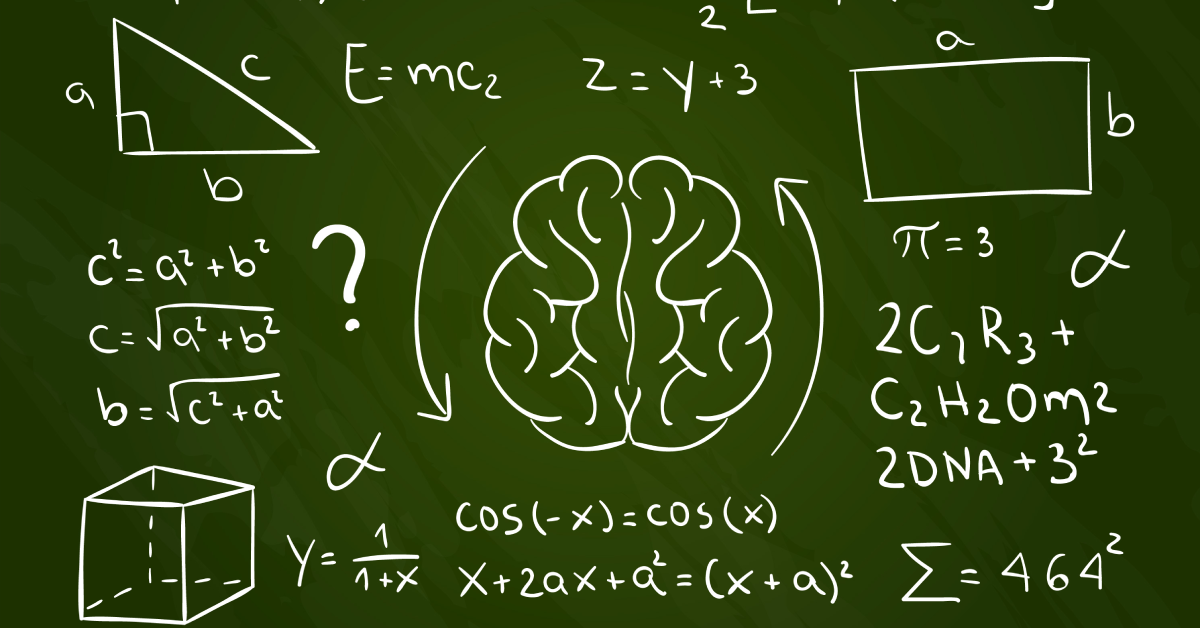Jan25
Dyscalculia in Adults. Difficulties, Diagnosis and Treatment
Dyscalculia is a specific learning disorder in the area of mathematics characterised by difficulties in understanding and using basic mathematical concepts such as arithmetic operations, numbers and measurement.
Although dyscalculia is commonly considered a disorder affecting children, dyscalculia in adults is a common problem and severely affects the daily lives of thousands of people.

Challenges faced by adults with dyscalculia
Adults with dyscalculia may experience a variety of challenges related to mathematics. Some examples include:
- Problems understanding basic mathematical concepts, such as arithmetic operations (addition, subtraction, multiplication and division).
- Difficulty in solving mathematical problems, especially those requiring several steps.
- Problems remembering numbers, such as dates, telephone numbers and addresses.
- Difficulty understanding the hierarchy of mathematical operations (e.g. multiplication before addition).
- Difficulty reading clocks and managing time.
- Problems measuring quantities in recipes.
- Difficulty working with fractions, percentages and equations.
- Problems understanding spatial concepts, such as drawing diagrams or following directions.
- Difficulty understanding the relationship between numbers and quantities (e.g. not understanding that 10 is twice 5).
- Problems in organising and planning tasks involving mathematical calculations.
It is important to mention that these examples are not exhaustive and that each person with dyscalculia may present specific difficulties, and not necessarily all of the above.
Dyscalculia in Adults: Diagnosis
Diagnosing dyscalculia in adults can be difficult, as it is often associated with children and may be underestimated or unrecognised in adults. However, there are specific neuropsychological tests and assessments for dyscalculia that can be performed on adults to determine if they have difficulties in the mathematical domain and if these difficulties are related to a learning disability.
Different methods can be used to diagnose dyscalculia in adults, which may include:
- Interviews to assess math difficulties and their impact on their daily life.
- Neuropsychological tests to assess the patient’s cognitive ability and mathematical performance.
- Specific assessment tests for dyscalculia, which may include tests of mathematical skills, visuospatial skills and numerical processing skills.
Once the assessment is completed, the specialist can determine whether an adult has dyscalculia and the specific areas in which he or she has difficulties, which will then allow an appropriate treatment plan to be devised.
It is important to mention that the diagnosis of dyscalculia in adults requires a multidisciplinary assessment, as neurological, psychological and educational factors must be taken into account in order to accurately determine whether a person has dyscalculia or not.
Dyscalculia in Adults: Treatment
Adults with dyscalculia may seek help to improve their performance in mathematical tasks and manage the difficulties associated with dyscalculia.
The treatment of dyscalculia in adults is based on improving basic mathematical skills, understanding and use of complex mathematical concepts, as well as helping to manage the difficulties associated with dyscalculia. Some of the most commonly used treatment strategies include:
- Targeted Coaching: A specialised maths tutor can work with the adult to develop basic maths skills and improve understanding of complex maths concepts.
- Compensatory Training: The use of technological tools, such as dyscalculia-specific calculators, apps and computer programmes, can help with mathematical tasks and organising mathematical tasks.
- Daily Life Skills Training: Can help improve daily living skills related to mathematics, such as measuring and cooking, and can also help develop strategies for organising and planning mathematical tasks.
- Dyscalculia Exercises in PDF to Work on Place Value - 28 de September de 2023
- Activities to Work On Dyscalculia: Board Games - 5 de May de 2023
- Dyscalculia Treatment: LEGO building blocks - 19 de April de 2023

